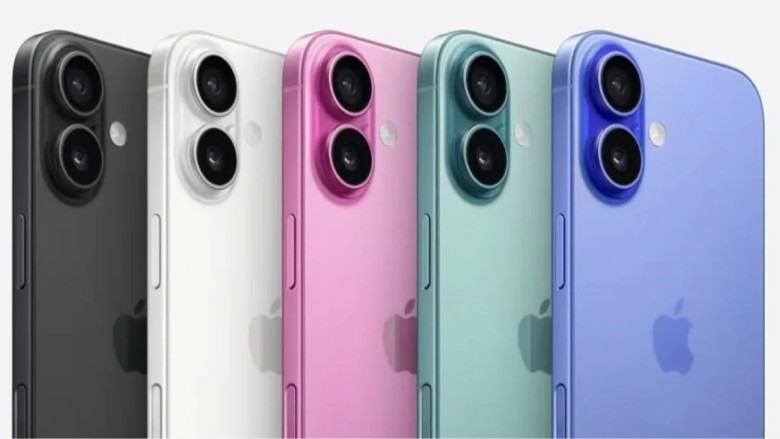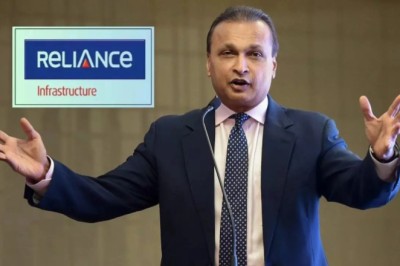"It's Illegal Here": Why Indonesia Banned the iPhone 16
Indonesia has officially banned the iPhone 16, citing Apple’s failure to meet investment and regulatory requirements, including necessary IMEI and TKDN certifications, which are essential for legal operation within the country.
The ban was announced by Indonesian Industry Minister Agus Gumiwang Kartasasmita, who cautioned consumers against purchasing the iPhone 16 abroad, stressing that any iPhone 16 used within Indonesia is illegal under local regulations. Key among these is the IMEI (International Mobile Equipment Identity) certification, a mandatory registration for any smartphone to connect to Indonesian networks. Without it, the device remains unrecognized by local telecoms.
The primary reason for this ban centers around Apple’s investment shortfall. The company had committed to investing 1.71 trillion rupiah (approximately ₹919 crore) in local operations but has only fulfilled 1.48 trillion rupiah (about ₹795 crore) to date, leaving a deficit of 230 billion rupiah (around ₹123.6 crore). Until Apple fulfills its pledged investment, the iPhone 16 will not receive the operating authorization required for distribution in Indonesia, Kartasasmita clarified.











